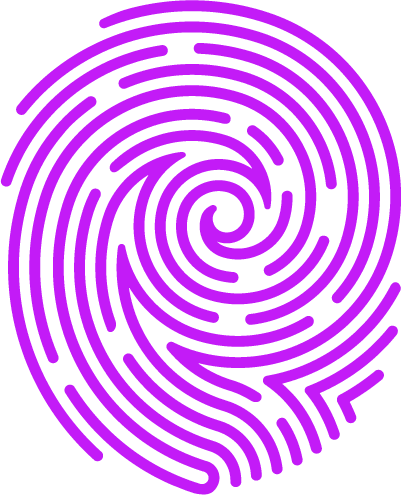Substance Abuse and Depression.
Adolescence is a time of change for teens. As their bodies, home lives, and even brain chemistries change, teens may have a hard time coping. Parental guidance is crucial during this period. Without it, a common case of the adolescent “blues” can develop into teen depression and possible drug abuse. Many teens turn to alcohol or drugs to self-medicate for depression.
Depression, and substance abuse go together so frequently that doctors have coined a term for it: dual diagnosis. The link between these conditions is a two-way street. They feed each other. One problem will often make the other worse, according to the Anxiety and Depression Association of America (ADAA).
Teens suffering from depression often appear sad or anxious, but that’s not always the case. Depressed teens might also lash out angrily at loved ones over seemingly insignificant things. Parents might feel unsure about whether their child is just “acting out” or suffering from depression. If a teen’s behavior drastically changes during adolescence, leading to self-harm, violence or drug abuse, they might be struggling with depression.



